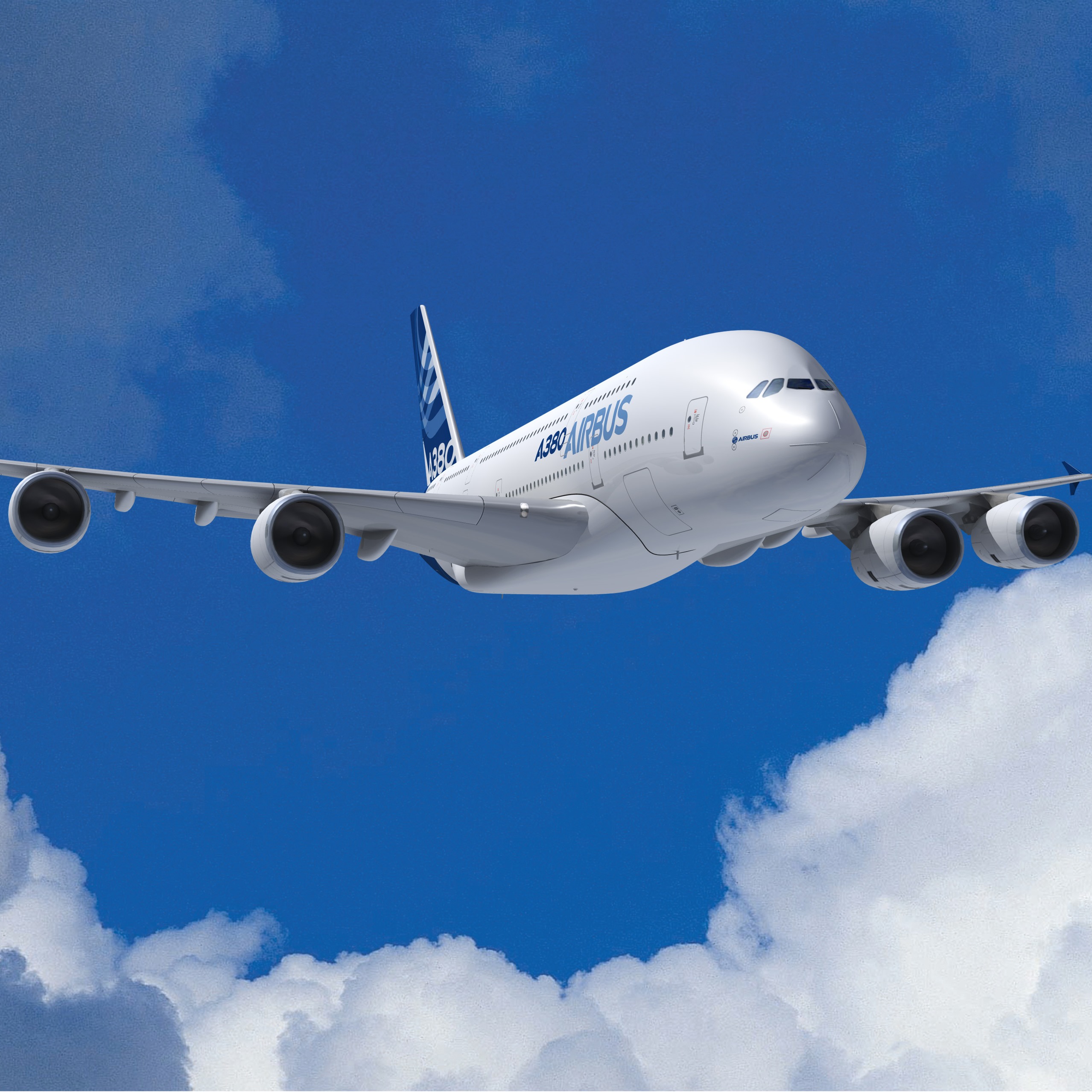Military
Boeing Gets Some Good News From India; Airbus Not So Much From Emirates

Published:
Last Updated:

Last month Boeing Co. (NYSE: BA) booked an order for 100 of its 737 MAX jets from an unidentified customer. According to reports, those planes are destined for India’s low-cost carrier SpiceJet and the order has list-price value of $10 billion.
Boeing’s arch-rival Airbus was not so fortunate in December. The aircraft maker announced a delay in delivery of 12 of its superjumbo A380s to Emirates airline, the company’s biggest customer for its biggest jet. The delay likely is the proximate cause for Airbus’s decision to cut production of the A380 to just one new plane per month.
The SpiceJet order is expected to be announced at a press conference scheduled for Friday in New Delhi, according to unnamed sources cited at Reuters. The order includes at least 42 737s, that SpiceJet agreed to buy in 2014.
Airbus has bested Boeing in orders from India’s leading low-cost carrier, IndiGo, and another rival, GoAir. The former has placed an order for 410 Airbus A320neos and has already received 100 A320ceos and 14 of the newer aircraft out of a total order of 530. GoAir has ordered 159 A320s, 155 of the A320neo and the rest A320ceos.
Because India is the world’s fastest growing market for airplanes, an order for up to 100 planes is a significant boost to Boeing’s eventual success in the region. Airbus reportedly competed hard for this order, and it is likely that Boeing had to offer a significant discount to the list price in order to win the deal. Depending on the size of the order and the customer’s history, discounts typically range from 40% to 60%.
For Airbus, the order delay from Emirates may signal a serious problem. The Dubai-based carrier still has 50 A380s on order, but the airline’s chief executive, Sir Tim Clark, has said that 2016 was not a good year and 2017 is likely to be no better and could be slightly worse.
A significant overhang for Emirates and the other carriers grouped as the “Middle East Three,” or ME3 (Etihad and Qatar Airways) is a dispute over the Open Skies agreement that has led to intense pressure from U.S. carriers, particularly Delta Air Lines, that claim the ME3 are the beneficiary of unfair subsidies and their access to U.S. airports should be curtailed.
That argument may resonate with President-elect Donald Trump, who may make the claim that the ME3 are threatening U.S. jobs as a result of the subsidies.
While Emirates is not Airbus’s biggest customer, it is one of the aircraft maker’s most important, if for no other reason than without Emirates it may never turn a profit on the A380 program. While Emirates may have to hit the pause button on its long-haul flights carrying 550 passengers or more, the airline is probably in no danger of folding and giving Airbus an even bigger headache.
Shares of Boeing traded down about 1.1% early Thursday morning, at $157.60 in a 52-week range of $102.10 to $160.07. The 12-month consensus price target on the stock is $160.11.
Retirement can be daunting, but it doesn’t need to be.
Imagine having an expert in your corner to help you with your financial goals. Someone to help you determine if you’re ahead, behind, or right on track. With SmartAsset, that’s not just a dream—it’s reality. This free tool connects you with pre-screened financial advisors who work in your best interests. It’s quick, it’s easy, so take the leap today and start planning smarter!
Don’t waste another minute; get started right here and help your retirement dreams become a retirement reality.
Thank you for reading! Have some feedback for us?
Contact the 24/7 Wall St. editorial team.